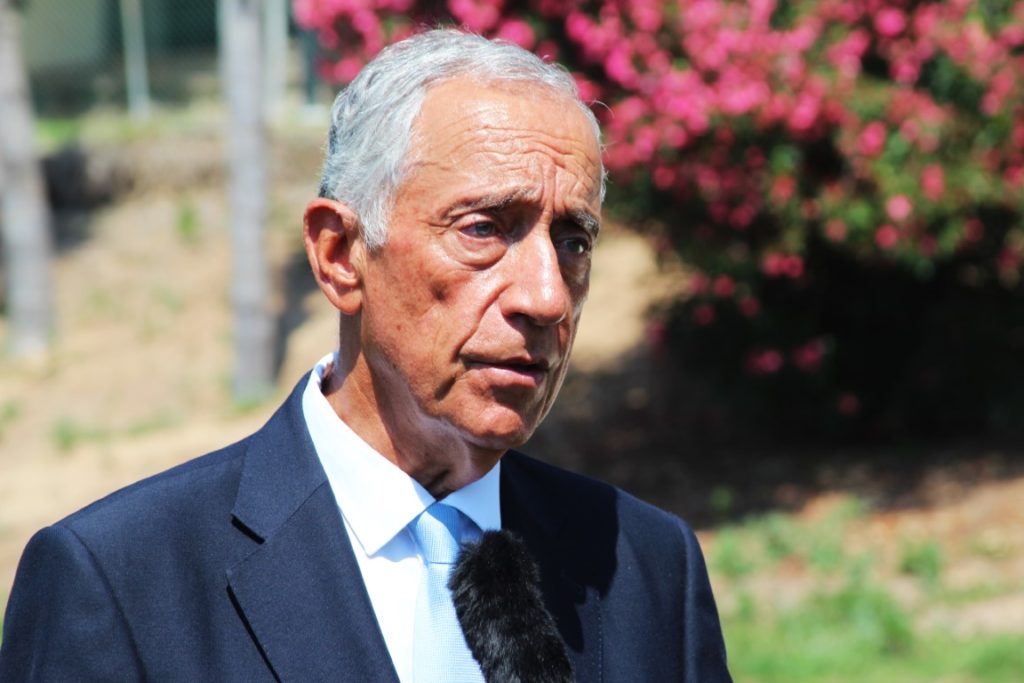The State of Emergency decree, presented by the President of the Republic, this Wednesday, March 18, and which has just been approved by the Assembly of the Republic, determines that rights such as travel, international circulation be partially suspended and others related to workers. But what does this concretely mean?
Now, according to the document, the Government, if it so chooses, can even force people to stay at home – a «compulsory home or hospital confinement», prohibiting travel and limiting the stay on the streets.
These are situations foreseen in the decree of Marcelo Rebelo de Sousa, made after the President met, this morning, the Council of State to discuss the current pandemic of the new coronavirus.
Even so, only tomorrow, in the Council of Ministers, will the measures be effectively decided. In fact, all concrete decisions will just be taken tomorrow by the executive of António Costa. O Government, however, has already given a positive opinion on the state of emergency decree.
If the measure of forcing people to stay at home goes forward, there will be mitigations for those who have reasons to move. We are talking about people who need healthcare, who are going to assist others or who need to go to the supermarket.
Prime Minister António Costa, speaking to journalists, has already made it known, however, that "the curfew is not a measure that is provided for in the decree".
Another of the points of the decree talks about the property and private initiative, rights that may also be limited.
Basically, the use of goods and services may be required, for example, from private hospitals, as well as from factories and commercial establishments.
In addition, the companies and factories may be forced to either close or open, as well as to limit or modify the quantity, nature and price of the produced and commercialized goods.
Regarding workers' rights, the decree stipulates that, if necessary, public authorities may request that anyone working in the areas of health, civil protection, health and safety carry out activities in another location and under different working conditions.
At this point, there is yet another important part. Is that, during the period of validity of the state of emergency, «exercise of the right to strike is suspended».
This is in case the strike compromises the functioning of health facilities or affects other economic sectors vital to the population during the current pandemic of the new coronavirus.
With regard to international circulation, the Government may impose border controls on people and goods, "including sanitary controls at ports and airports", imposing, if necessary, "compulsory confinement of persons".
Moving to the right of assembly and demonstration, there may be restrictions, such as the limitation or prohibition of initiatives of this kind, which, due to the number of people, "potentiate the transmission of the new coronavirus".
As regards freedom of worship, the decree also presents, as one of the possibilities, the limitation – or prohibition – of “religious celebrations and other cult events that involve an agglomeration of people”.
Finally, "any act of active or passive resistance to orders" by the authorities is prevented.
But despite all these restrictions, which will still be effectively decided tomorrow, also there are rights that cannot be violated.
Marcelo Rebelo de Sousa, in the decree, lists them: the “rights to life, personal integrity, personal identity, civil capacity and citizenship, non-retroactivity of criminal law, defense of defendants and freedom of conscience and religion".
This situation cannot affect 'the freedoms of expression and information».
"In no case can the principle of the unitary State or the territorial continuity of the State be called into question", he concludes.
The decree does not yet have effective dates, but everything indicates that it will come into force at 00:00 this Thursday, March 19. It will have a validity of 15 days, that is, probably until April 2nd.
The state of emergency had already been decreed once, in Portugal, following the 25th of November 1975.
Read here the proposal for a decree by the President of the Republic on the state of emergency.



















Comments